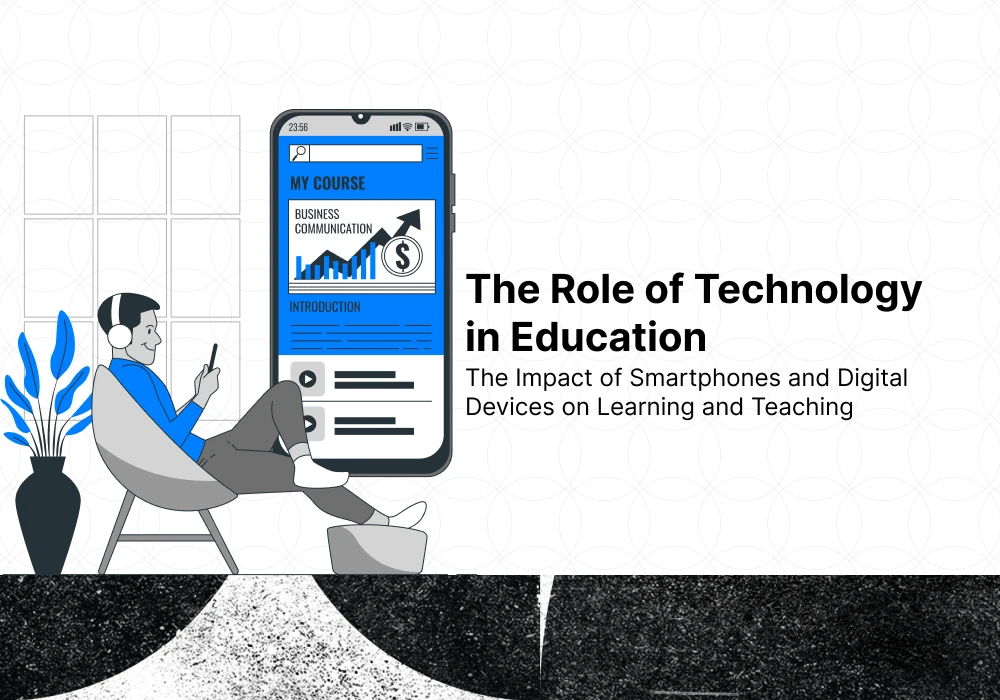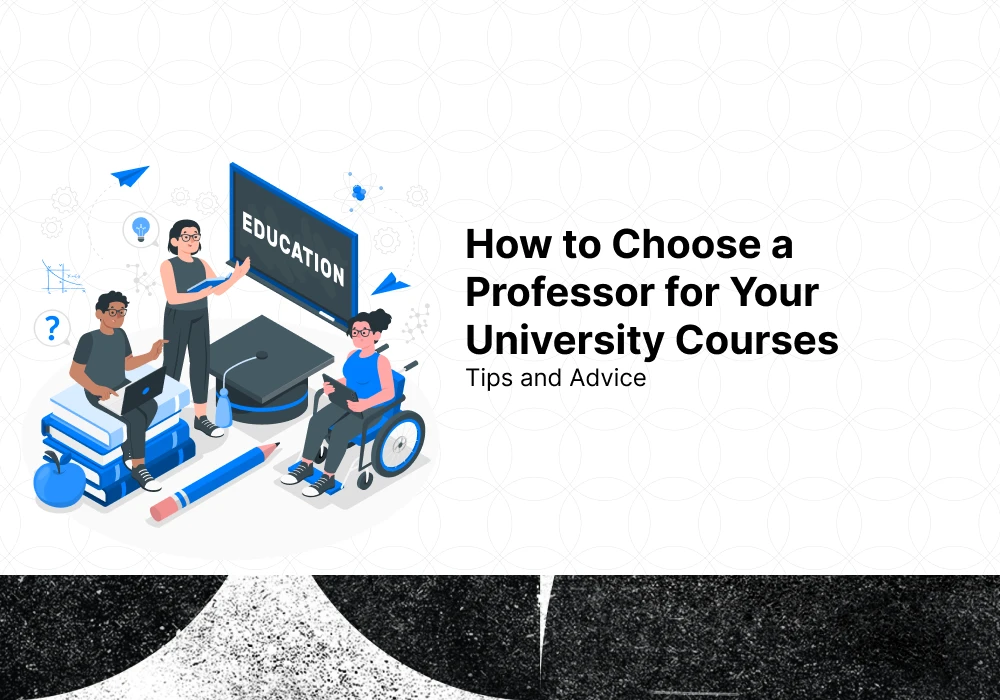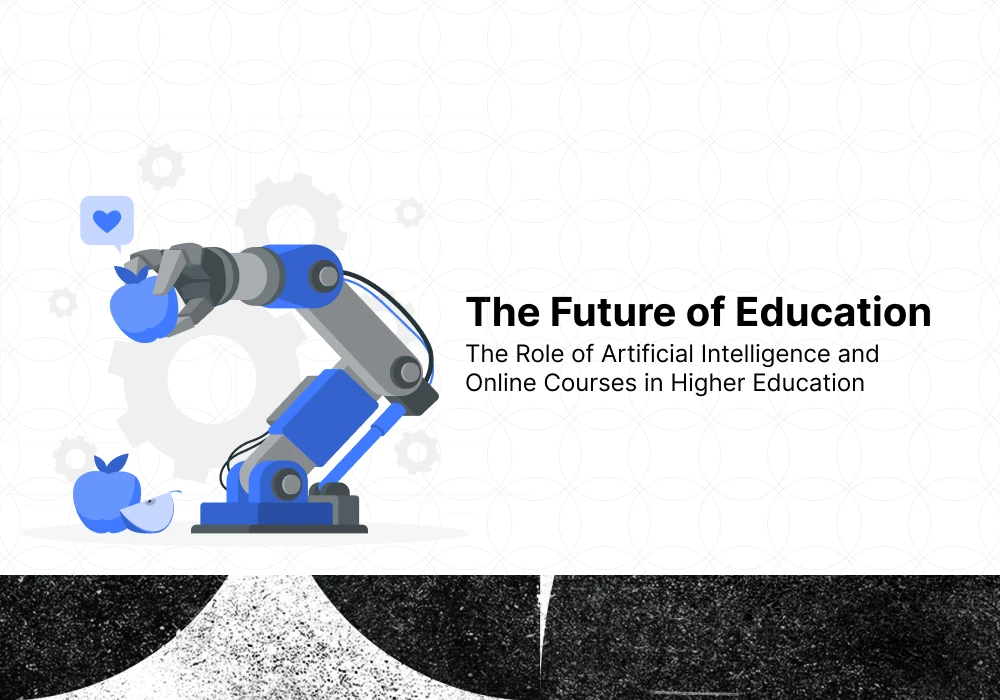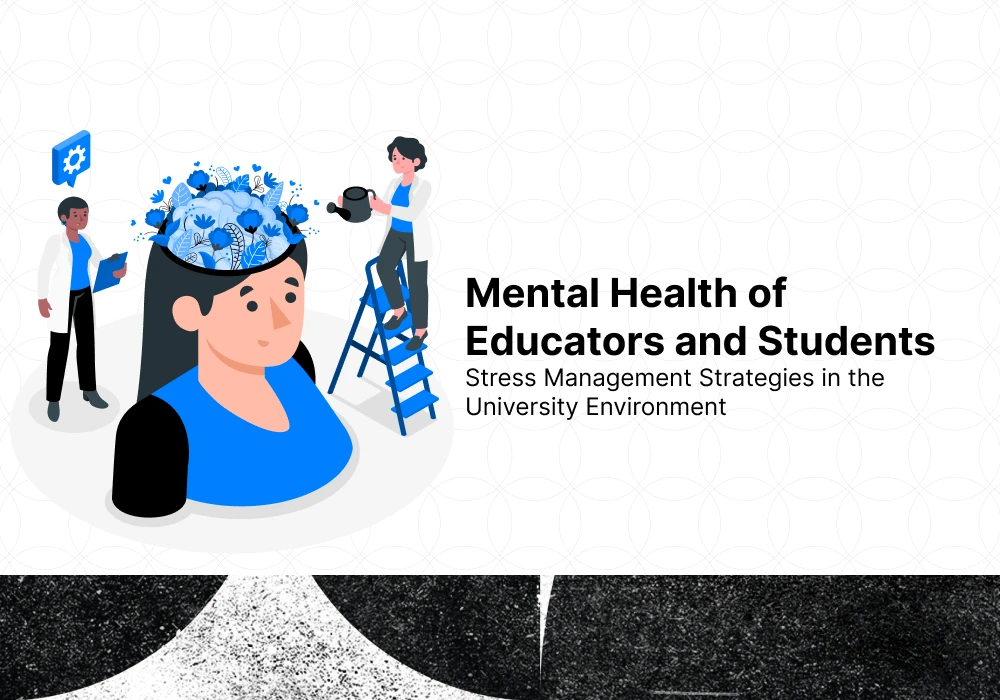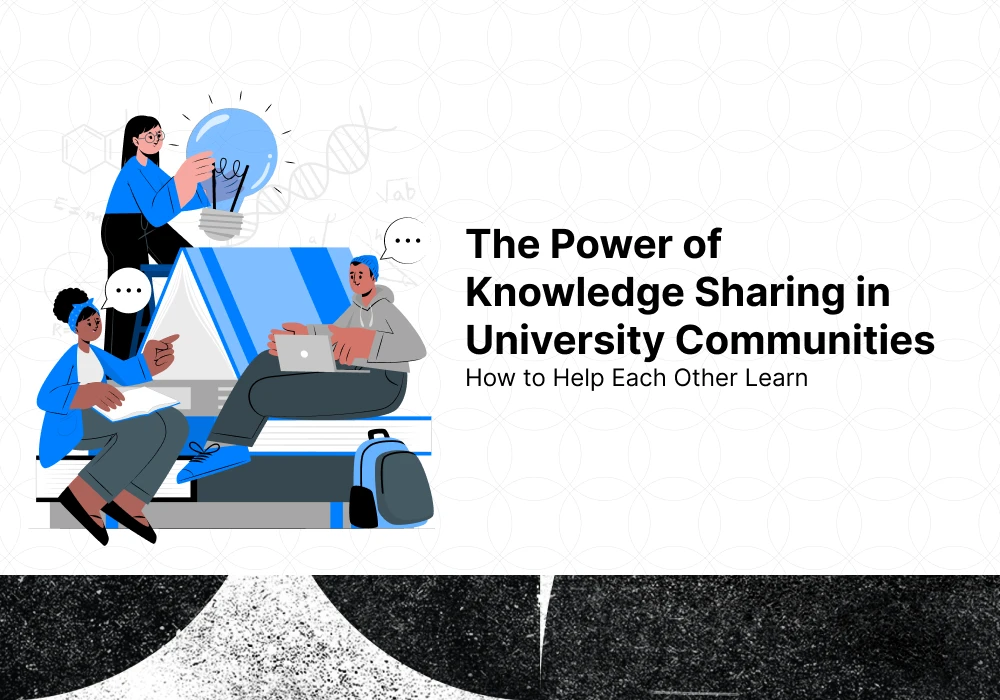The Power of Anonymous Feedback in Education
The Importance of Student Reviews
4 minutes
Sep.22.2023
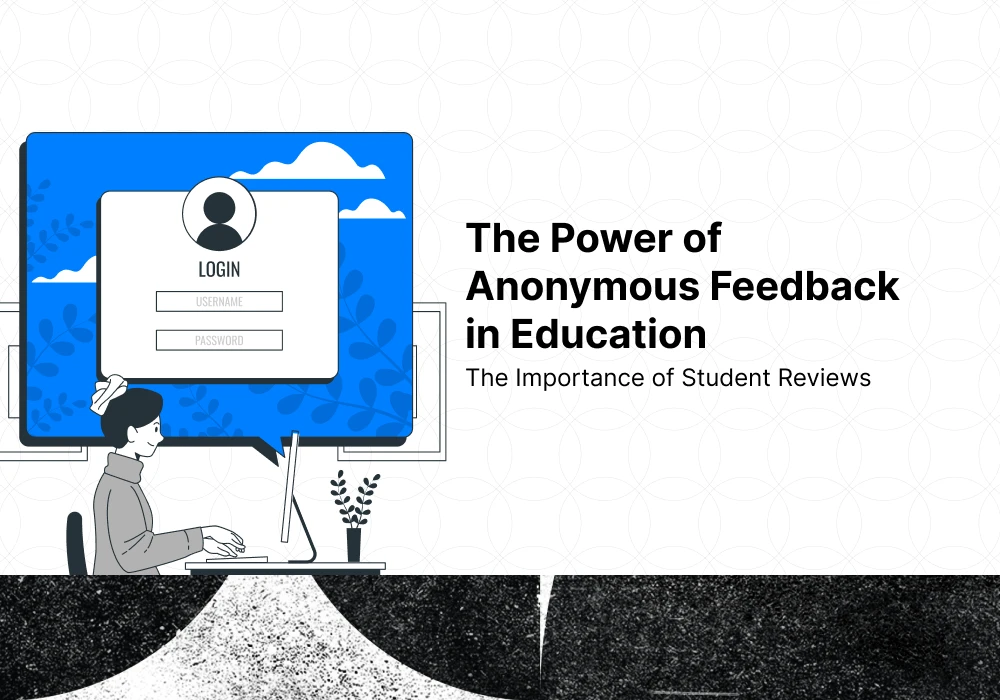
Education has always been a cornerstone of human development, and effective communication between teachers and students is a critical component of the educational process. Anonymous feedback, the collection and analysis of students' opinions and observations, plays a crucial role in enhancing the quality of education. In this article, we will delve into the power of anonymous feedback in education and explore its vital role for educational institutions and educators.
Education is a fundamental element in personal and societal growth. The quality and effectiveness of education are closely tied to the performance of teachers, the curriculum, and the learning environment. Anonymous feedback, which allows students to voice their thoughts and observations without fear of retribution, is a valuable tool for improving educational quality and efficiency. In this article, we will explore the importance of anonymous student reviews for both educational institutions and teachers.
Methods of Anonymous Feedback
Anonymous feedback can be collected through various methods depending on the educational institution's policies and practices. These methods include electronic surveys, paper-based questionnaires, face-to-face interviews, and online forums and platforms. Maintaining anonymity is a crucial aspect of the feedback process, ensuring that students can express their opinions and observations freely and without fear of repercussions.
The Importance of Student Reviews
1. Curriculum Development
Student reviews provide valuable insights for educational institutions and educators to understand which curricula and courses are effective and which need improvement. Based on students' feedback, educational institutions can adapt course content and teaching methods to better meet the needs and expectations of their students.
2. Teacher Performance Evaluation
Anonymous feedback can offer valuable perspectives on how teachers impact their students. Through students' input, teachers gain insights into their teaching styles and methods, which can aid in self-improvement. This, in turn, enables them to better meet students' needs and facilitate effective learning.
3. Measuring Student Satisfaction
Anonymous feedback serves as a tool to measure student satisfaction. It helps educational institutions and educators gauge how satisfied students are with the quality of education and the overall school environment. Increasing satisfaction can boost students' motivation and performance.
4. Addressing Legal and Ethical Issues
Anonymous feedback can also help educational institutions understand and address legal and ethical issues within their educational communities. Students can report concerns such as harassment or unfair grading practices through feedback, enabling institutions to take appropriate actions when necessary.
How to Effectively Utilize Student Feedback
The value of anonymous feedback lies in its effective use by educational institutions and teachers. Here are some ways to make the most of student feedback in education:
1. Establish Regular Feedback Mechanisms
Educational institutions should establish regular feedback mechanisms that allow students to provide input on courses and teaching methods consistently. This enables institutions to address issues promptly and enhance the overall learning experience.
2. Encourage Constructive Feedback
It's essential that student feedback is constructive and balanced, addressing both positive aspects and areas that need improvement. Institutions and teachers should acknowledge positive feedback and work on implementing constructive suggestions and observations.
3. Engage Students Actively
Students should be actively involved in the feedback process. Educational institutions and teachers should create opportunities for students to participate in the planning and evaluation of courses. This fosters a sense of ownership and identification with the educational process.
4. Share Feedback Publicly
Whenever possible, feedback results should be shared within the institution. Transparency in the feedback process can motivate institutions and teachers to make improvements. However, it is crucial to protect students' personal information and ensure anonymity.
Challenges and Limitations
While anonymous feedback has numerous advantages in education, it is essential to recognize its challenges and limitations:
1. Bias and Inaccurate Information
Student opinions may sometimes be biased or contain inaccurate information. Institutions and educators must critically evaluate feedback and not make hasty decisions based solely on feedback.
2. Excessive Negative Feedback
Anonymous feedback may occasionally contain excessive negative comments that do not accurately reflect a course or teacher's performance. Institutions and educators should strive for a balanced evaluation.
3. Lack of Participation
Not all students may participate in anonymous feedback, leading to potential bias in the evaluation process. Institutions should work to maximize student participation to obtain a more representative sample of opinions.
Anonymous feedback is a powerful tool in education that contributes to the improvement of educational quality and effectiveness. Student reviews allow students to express their opinions and observations freely, providing valuable insights for educational institutions and teachers. While anonymous feedback has its challenges and limitations, its thoughtful use can lead to more effective teaching, increased student satisfaction, and a better overall learning environment. Through anonymous feedback, education can better serve the needs of students and facilitate the more efficient transfer of knowledge and skills.

